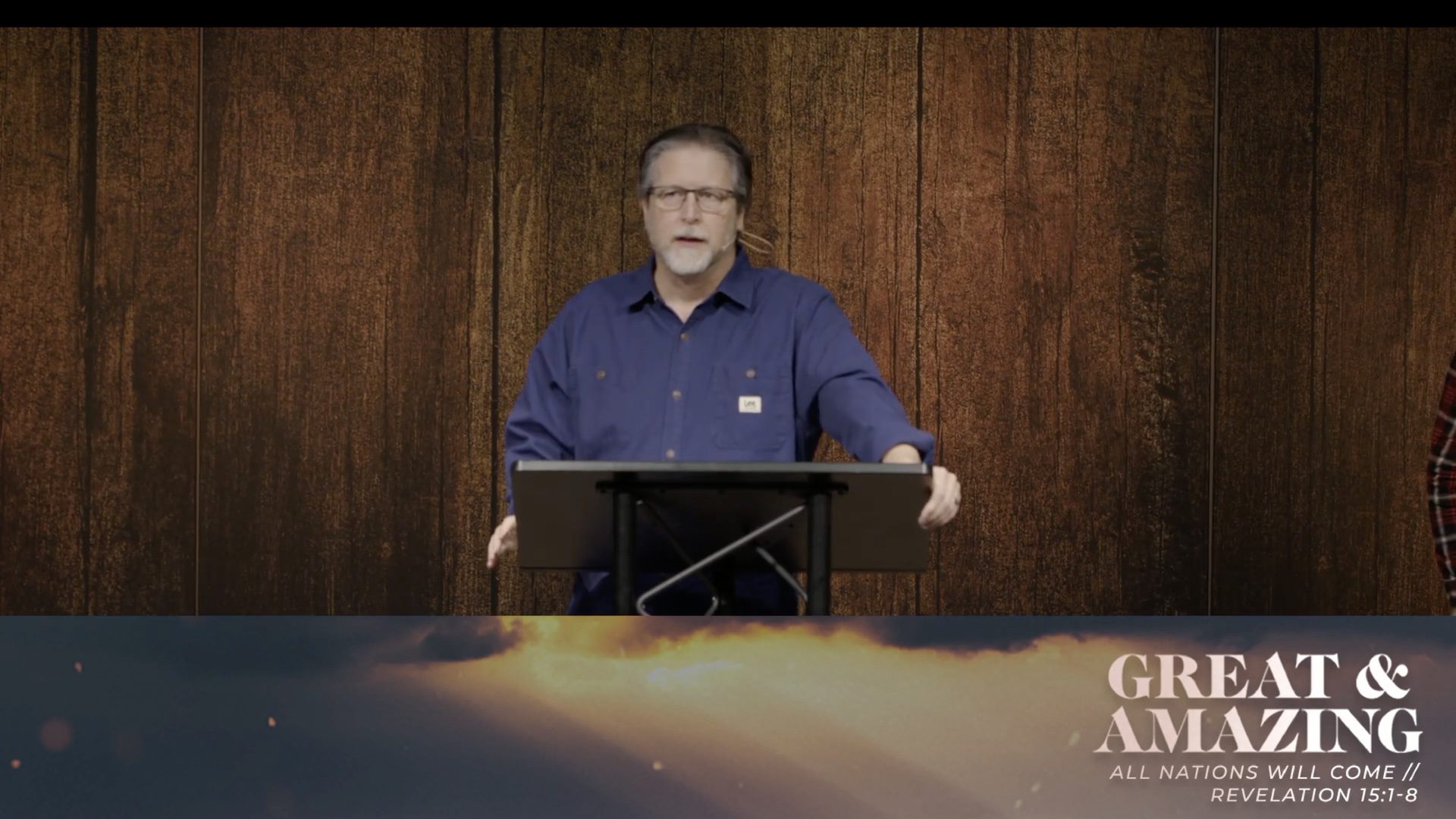In an age ripe with global interconnections yet rife with divisive nationalism, one cannot help but ponder: Will our nations endure in their current forms, or will they ultimately dissolve into something more unified? This whimsical inquiry leads us directly into the heart of Bahá’í teachings, particularly as they pertain to the concept of a world commonwealth. The Bahá’í Faith, which emphasizes the oneness of humanity and a profound commitment to global unity, raises vital questions regarding our collective future. Can we envision a time when national identities become less relevant than our shared human experience? And if so, what challenges must we surmount to realize this vision?
The Bahá’í teachings postulate that true peace can only be achieved through the establishment of a world federation. This concept invites us to reflect on the responsibilities of individuals, communities, and nations. What would a realignment of loyalties look like, away from the familiar contours of national borders toward an allegiance to the global community? The Bahá’í Faith advocates for the dissolution of prejudices, the elimination of extremes of wealth and poverty, and the establishment of universal education. Each of these tenets serves to fortify the foundation upon which a world commonwealth might stand.
Consider the implications of a world in which nations as we understand them today no longer exist in isolation. The Bahá’í perspective suggests that as we move toward unity, we also become accountable for the well-being of every individual, regardless of their geographic or cultural background. This foreshadows a shift in our moral framework, one that starts with the individual but ultimately crescendos into a collective responsibility. This transeasonal shift poses a challenge: how do we cultivate a global consciousness while still respecting local cultures and traditions?
The concept of the oneness of humanity is central to Bahá’í teachings. This ideal manifests itself through calls for all nations to collaborate on issues such as climate change, poverty, and education. The question arises: are our current national structures equipped to address these global challenges? How can we transcend the tribal mentality that so often characterizes international relations? Bahá’ís argue that a shift from competitive nationalism to cooperative globalism is essential. The challenge remains, therefore, in fostering dialogues that bridge disparate cultures while aligning them toward common goals.
From a Bahá’í standpoint, education plays a pivotal role in nurturing this cooperative spirit. Universal education, an essential feature of a future world commonwealth, seeks to not only impart knowledge but also cultivate virtues such as empathy, cooperation, and global citizenship. This emphasis on holistic learning challenges traditional educational paradigms that often prioritize competition and individual achievement. The Bahá’í model suggests that by fostering a more collaborative educational environment, we can empower individuals to think beyond the confines of nationalistic identity.
As we navigate this tumultuous transition, we face additional obstacles: entrenched political ideologies, economic disparities, and cultural divisions. These difficulties are not mere inconveniences; they are formidable foes that threaten to thwart our pursuit of a united global society. The Bahá’í teachings remind us that unity does not mean uniformity. On the contrary, the multiplicity of cultures, languages, and traditions enriches the global tapestry. Recognizing this can help mitigate the challenge of integration in a world commonwealth.
Moving forward, the question of governance emerges prominently. How might the structures of a world federal government look? What mechanisms would ensure that all voices are heard, particularly those of marginalized communities? This conundrum is profound, as the solutions we propose today will determine the sustainability of future governance. The Bahá’í Faith outlines principles for effective governance that center around consultation, equity, and inclusivity – mechanisms designed to prevent the domination of any one group over another. Engaging communities in the decision-making process remains crucial for legitimizing authority in a world commonwealth.
The Bahá’í writings also elevate the notion of economic equity as a foundational principle for a sustainable future. An equitable economic system could serve to dismantle the stark divisions that characterize our current financial frameworks. Are our nations prepared to reconsider their economic policies in pursuit of a more equitable world? The challenge lies in reconciling the oftentimes conflicting interests of nations and individuals. This requires a conscious effort to prioritize collective well-being over individual profit, an ethos that is antithetical to traditional capitalist ideologies.
In addition to these practical considerations, the spiritual dimension of unity cannot be overlooked. The Bahá’í teachings highlight that humanity’s greatest challenge is not merely a political or economic one, but a spiritual one, too – a challenge that requires profound introspection and moral development. Organizations must foster environments that encourage spiritual growth, thereby promoting understanding, tolerance, and love among peoples. The confluence of spirituality and conscientious governance can serve to catalyze a flourishing global society.
Ultimately, the critical question posed—will our nations last?—elicits both concern and hope. The Bahá’í vision for a world commonwealth is one of collective responsibility and harmonious coexistence. As we reflect on this teaching, we must consider whether we are prepared to envision a new order, one that transcends borders and embraces the entirety of humanity. The joys and challenges of pursuing this vision demand a commitment to dialogue, understanding, and action. Whether our nations endure as they are or evolve into a new form is contingent upon our willingness to disseminate these Bahá’í principles throughout our communities, fostering unity and the belief that we are indeed one human family. Shall we embrace this possibility together, or falter in the face of division? The choice is ours to make.
